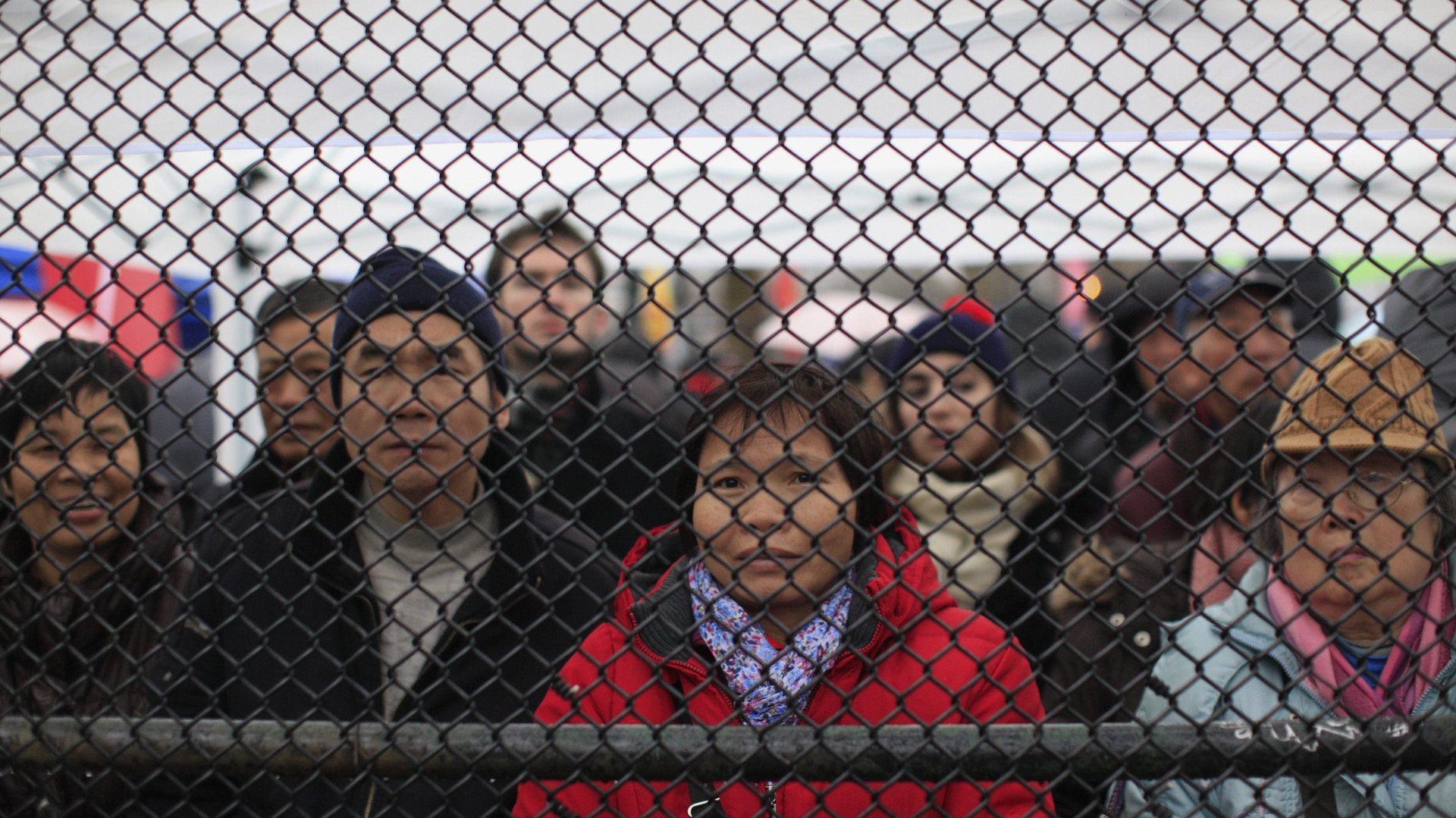Psychologists find Asian Americans get a social boost from being overweight
Overweight Asian Americans are perceived to be more American than their thinner counterparts, according to their fellow Americans.


Overweight Asian Americans are perceived to be more American than their thinner counterparts, according to their fellow Americans.
Researchers from the University of Washington sought to examine how stereotypes can help define who is seen as “American” and who is not. More specifically, researchers wanted to analyze how race and body shape influence perceptions of identity.
For the study, published in the journal Psychological Science, researchers recruited more than 1,000 college students from US universities. The participants viewed photos of men and women of a variety of races (black, Asian, white, and Latino) and weight. Researchers had edited the image to create thinner and heavier versions of each subject.
Participants were then asked to answer a number of questions on the subject’s nationality, including: “How likely is this person to have been born outside the US?” and “How likely is it that this person’s native language is English?”
The findings tell an interesting story about American identity. Asian Americans who appeared overweight were more likely than their thinner counterparts to be perceived as an American. But heaviness didn’t have the same effect on perceptions of other races. The weights of white, black, and Latino photo subjects had little influence on whether they were perceived to be American or not. The study also found that heavier Asian Americans were “more likely than their normal weight counterparts to be buffered from assumptions that they were living in the United States without documentation,” researchers note in the paper.
Americans, on average, more likely to be heavier than not. According to the Centers for Disease Control and Prevention, around 70% of American adults are overweight or obese. In comparison, just over half of adults in the EU are overweight. The prevalence of obesity is, on average, much lower among Asian Americans. While 34.5% of white Americans, 42.5 % of Latino Americans, and 48% of black Americans are obese; just 11.7% of Asian Americans are obese. That figure is even lower among native-born Asian immigrants.
While overweight people often face discrimination for the way they look and behave, Sapna Cheryan, co-author of the study, said in a statement that the findings point to “an unusual possible protective benefit of being heavier for Asian Americans.” For heavier Asian Americans, the “extra weight allows them to be seen as more American and less likely to face prejudice directed at those assumed to be foreign.”
The study fits with the team’s previous research, which found that US immigrant groups eat American dishes to prove their American identity and show they have integrated into American society. But in a bid to belong, immigrant groups are choosing unhealthy American dishes over healthier traditional foods.
The researchers ended their paper calling for wider representation of ethnic minorities in the media and politics.